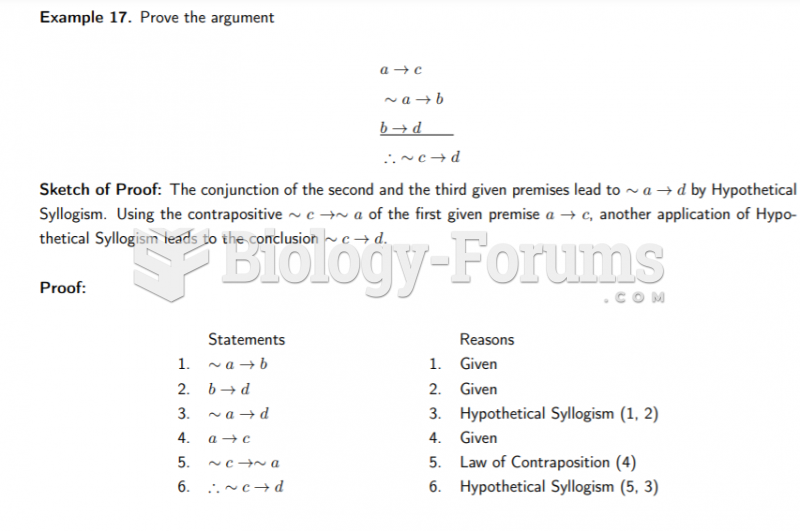Answer to Question 1
In an effort to secure a conviction, the prosecutor will start with the most serious charge and work down. That is, the prosecutor may overcharge as a first step in the bargaining process. Plea bargaining may also contribute to inefficiency. As one researcher observed, defense attorneys commonly devise strategies whose only utility lies in the threat they pose to the Court's and prosecutor's time.
Another reason that plea bargaining may undermine the criminal process is that it effectively decides the defendant's guilt without having a trial, an exhaustive investigation, or the presentation of evidence and witness testimony. Plea bargaining may also allow criminals to get away with their crimes or at least to receive lenient sentences. Perhaps the most serious consequence of plea bargaining is that innocent individuals may be coerced into pleading guilty. In such a situation, a plea bargain amounts to an admission of legal guilt, when, in fact, the defendant may not be guilty.
Answer to Question 2
The Sixth Amendment right to counsel applies during plea bargaining because charges have already been filed before bargaining commences. The Sixth Amendment also requires that defense counsel be effective during the plea negotiation process. This means that the defense attorney must, at a minimum, investigate the case so as to make an informed decision with regard to what sentences and charges are offered by the prosecution. To be effective, counsel must also ensure that his or her client understands the consequences of the plea-bargaining process.







